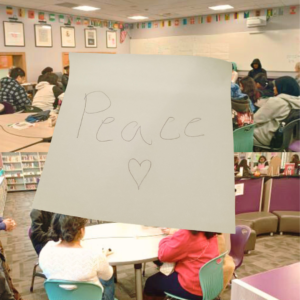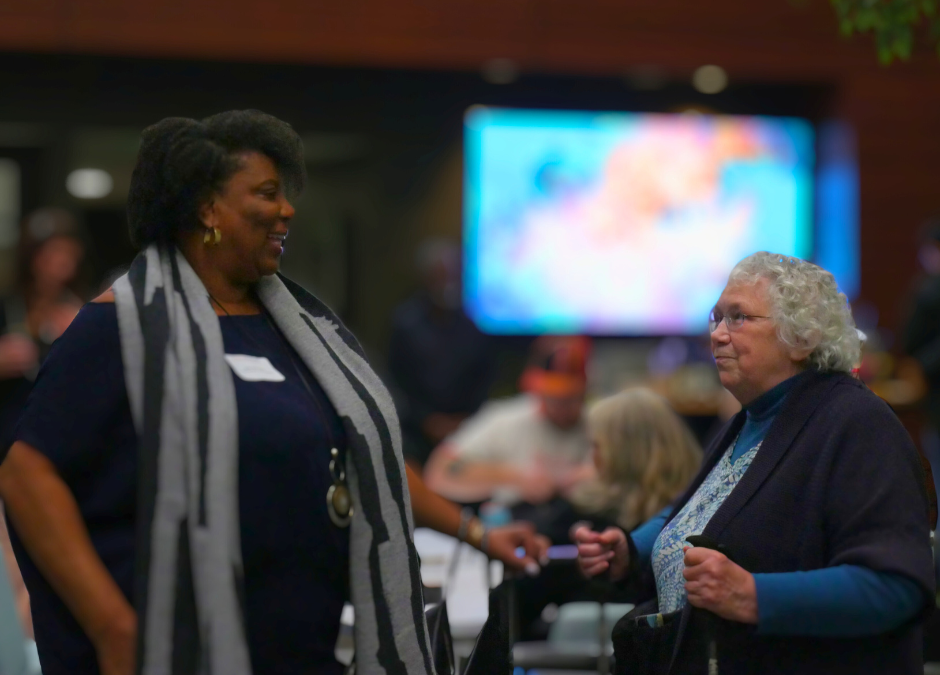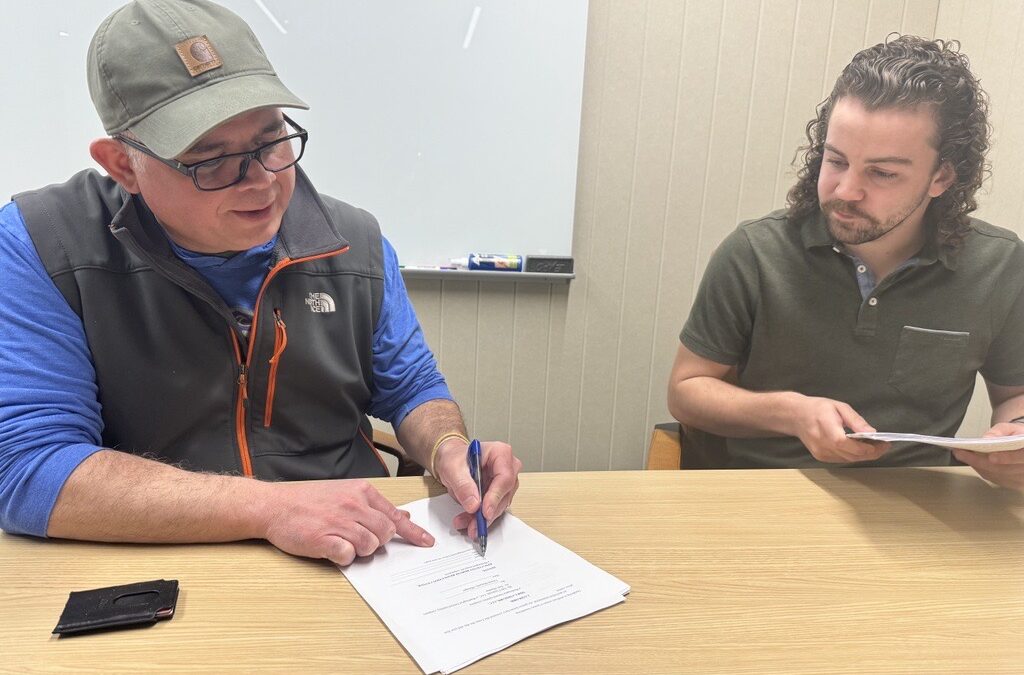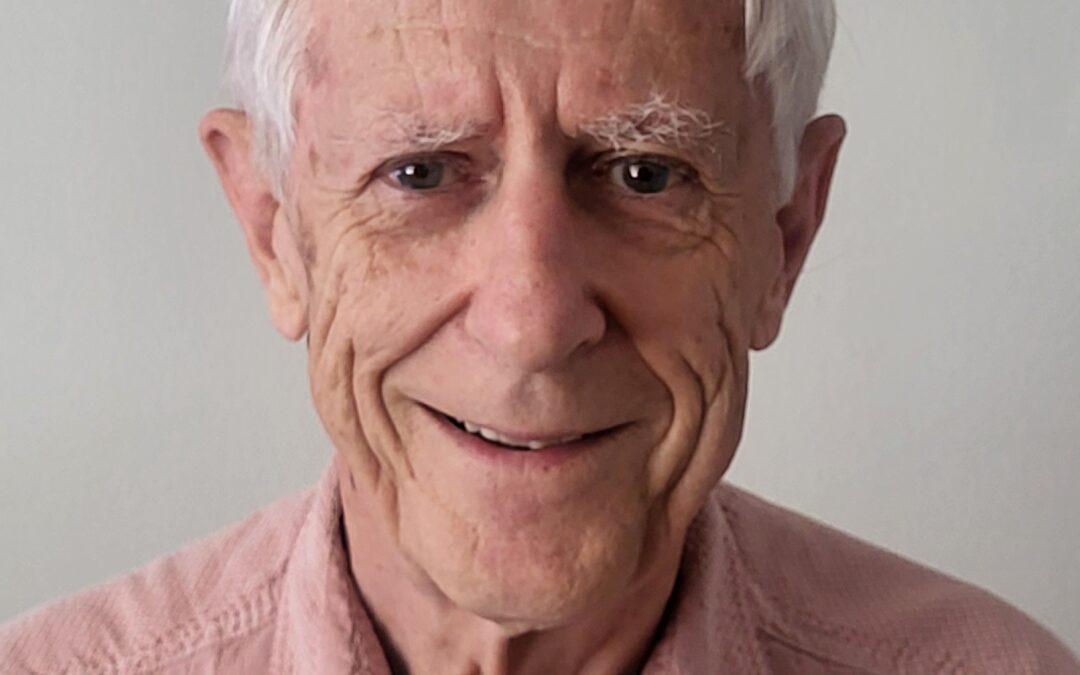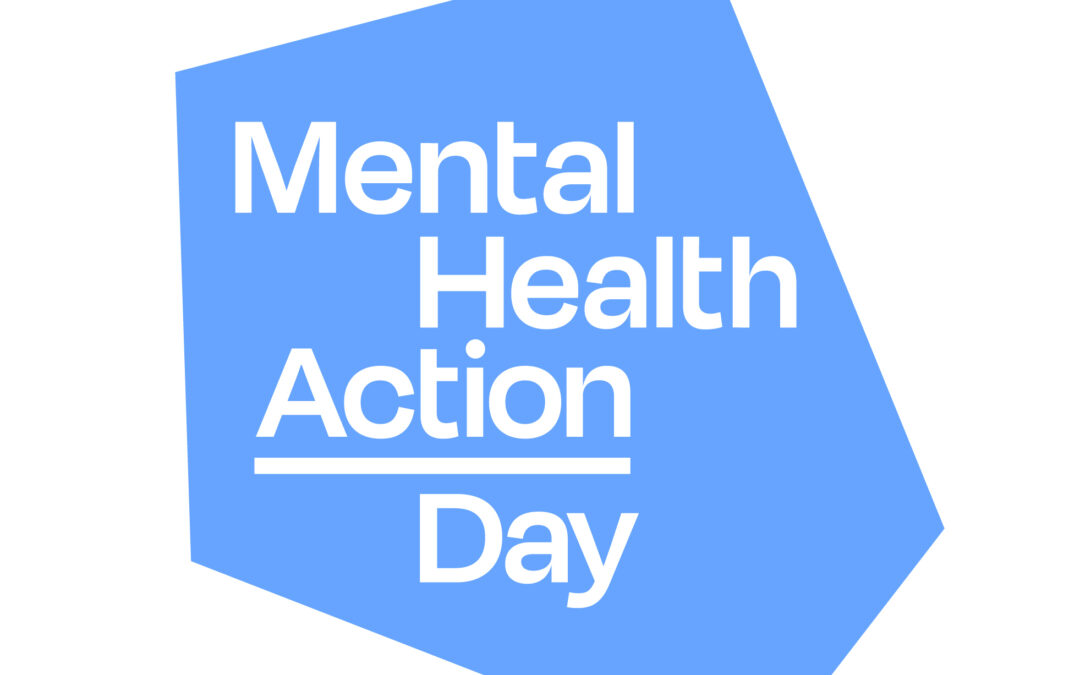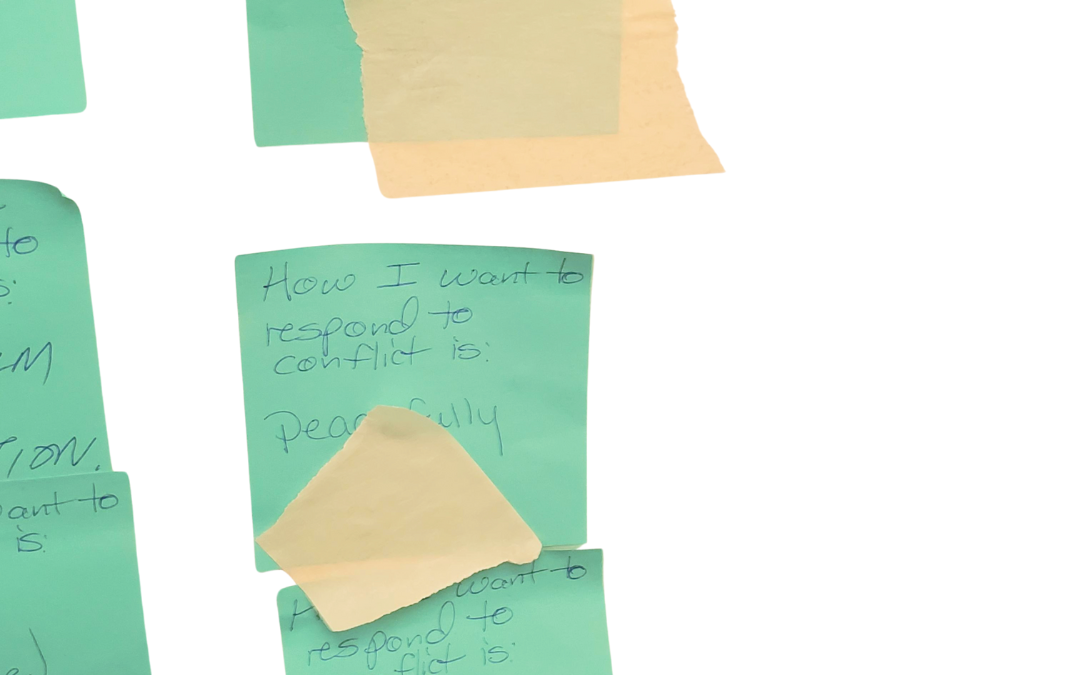
Resolving Conflicts & Engaging Youth Through Creativity
Peer Mediation Training
Our Youth Development team recently concluded a transformative peer mediation training for students at both Foster High School and Showalter Middle School, empowering them with essential conflict-resolution skills. Foster High’s training took place over a four-day, 12-hour program with around 20 students, including both new trainees and returning ninth graders who had previously participated in peer mediation at Showalter. Showalter Middle School also held a training session in September, where eight students engaged in foundational mediation skills.
The training sessions were led by KCDRC volunteers Sarah, Marilyn, and Sue, along with trainers Jazz and Vinh from King County ADR. Camilla, a dedicated peer mediator at Foster High, served as lead trainer, guiding students through mock mediations to develop their conflict-resolution abilities. The goal was to ensure students had practical experience, from preparing for a mediation to conducting a post-session debrief. Participants particularly honed their abilities to understand the mediation process, reframe statements, and reflect emotions—vital tools for creating an empathetic, understanding environment.
A Real-World Application
One of the program’s highlights was an unexpected real-world application. During a practice session at Foster High School, Miss LaJoy, the new peer mediation coordinator and attendance secretary, received an urgent request from the school’s principal: a live conflict required immediate mediation. Two student mediators eagerly volunteered, stepping out of the training to handle the situation. With coaching support from their trainer, Fergie, the students navigated an emotionally charged mediation session, helping those involved reach a constructive plan to move forward. Miss LaJoy praised the student mediators for their impressive work under pressure, underscoring the positive impact and real potential of peer mediation.
Looking Forward
Reflecting on the training experience, students expressed a desire to continue improving their mediation skills, especially in mastering open-ended questions to uncover deeper issues and promote understanding. To support this, KCDRC has planned ongoing sessions to strengthen students’ skills and reinforce their development as mediators. Peer mediation teams at both Foster and Showalter will participate in monthly follow-ups with KCDRC trainers, allowing for continuous growth and support. The success of the program has encouraged both Foster High and Showalter Middle School to integrate peer mediation as a core element of their school culture. The administration at both schools is enthusiastic about sustaining the program long-term and is exploring funding opportunities to ensure its continuation for years to come.
Engaging Youth Through Creativity
At Showalter Middle School, home of the Vikings, the KCDRC youth development program recently introduced a unique way to teach mediation skills—using bird puppets! Volunteer Sue shared her insights about these interactive training sessions, designed to make learning about conflict resolution engaging and memorable for students.
 The bird puppets, named “Memory” and “Thought,” served as both icebreakers and teaching tools. During opening circles, students passed the puppets around, using them to indicate whose turn it was to speak. This simple yet effective activity helped foster active listening and encouraged everyone to share their ideas. Sue introduced “Memory,” a raven inspired by Norse mythology, to teach students the importance of reflecting on past experiences and setting clear expectations in mediation. Drawing on the story of Odin’s two advising ravens, the activity helped students understand how mediators guide conversations to stay productive, avoiding the chaos of “opening a can of worms.”
The bird puppets, named “Memory” and “Thought,” served as both icebreakers and teaching tools. During opening circles, students passed the puppets around, using them to indicate whose turn it was to speak. This simple yet effective activity helped foster active listening and encouraged everyone to share their ideas. Sue introduced “Memory,” a raven inspired by Norse mythology, to teach students the importance of reflecting on past experiences and setting clear expectations in mediation. Drawing on the story of Odin’s two advising ravens, the activity helped students understand how mediators guide conversations to stay productive, avoiding the chaos of “opening a can of worms.”
Students practiced the mediator opening script in pairs, then acted out key concepts with gestures, making learning fun and interactive. Later, a baby eagle puppet helped illustrate how to explore personal experiences during mediation—examining the past, present, and future to resolve conflicts effectively. This creative approach not only engaged students but also connected them to the rich symbolism of their Viking mascot. A big thank you to Sue for her thoughtfulness and creativity in helping our youth develop essential life skills!
These articles were originally published in the KCDRC newsletter: sign up here.


